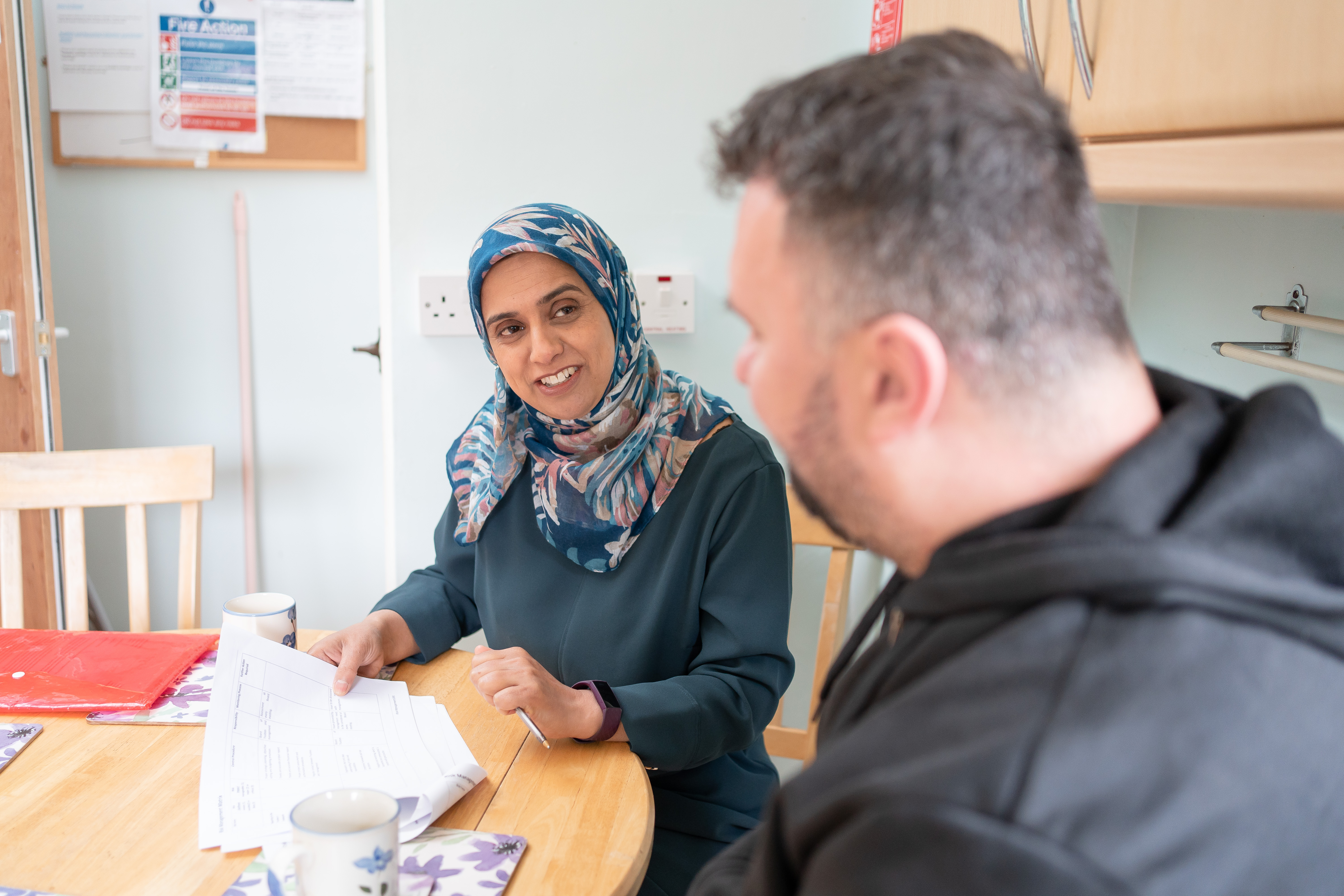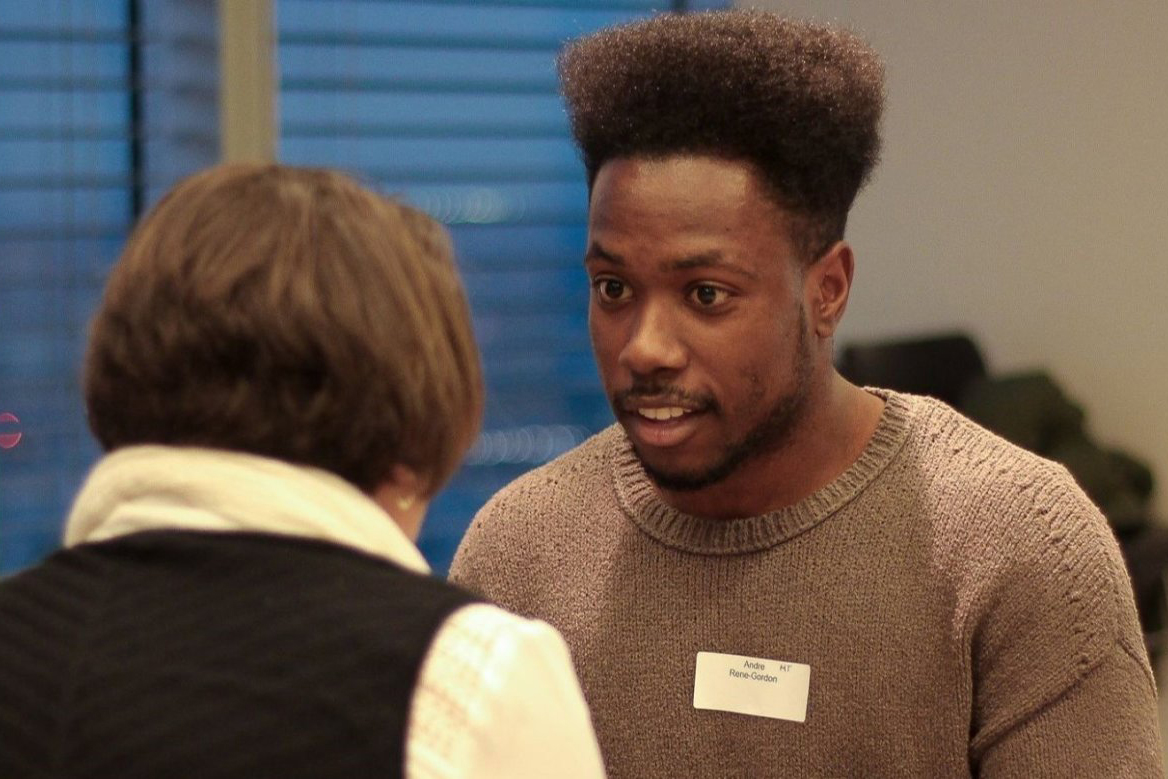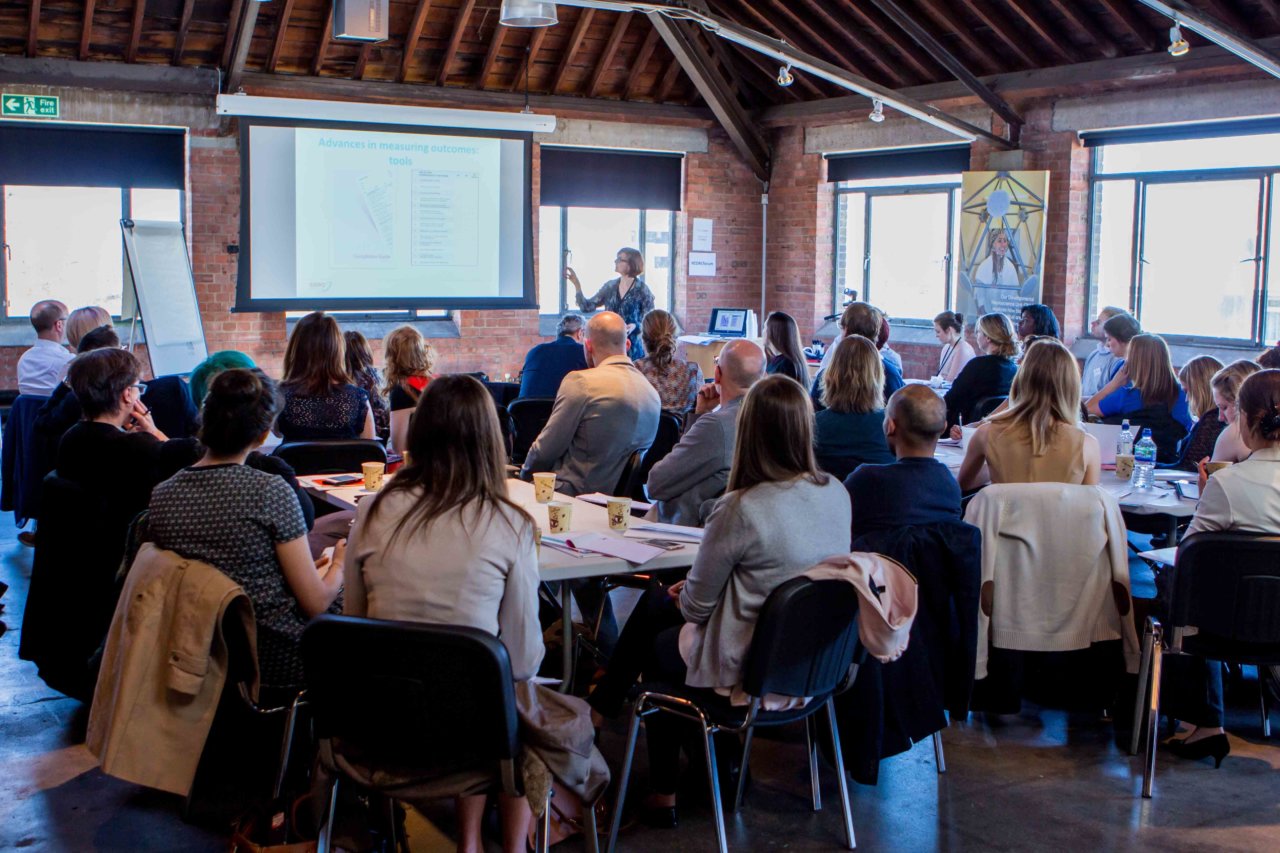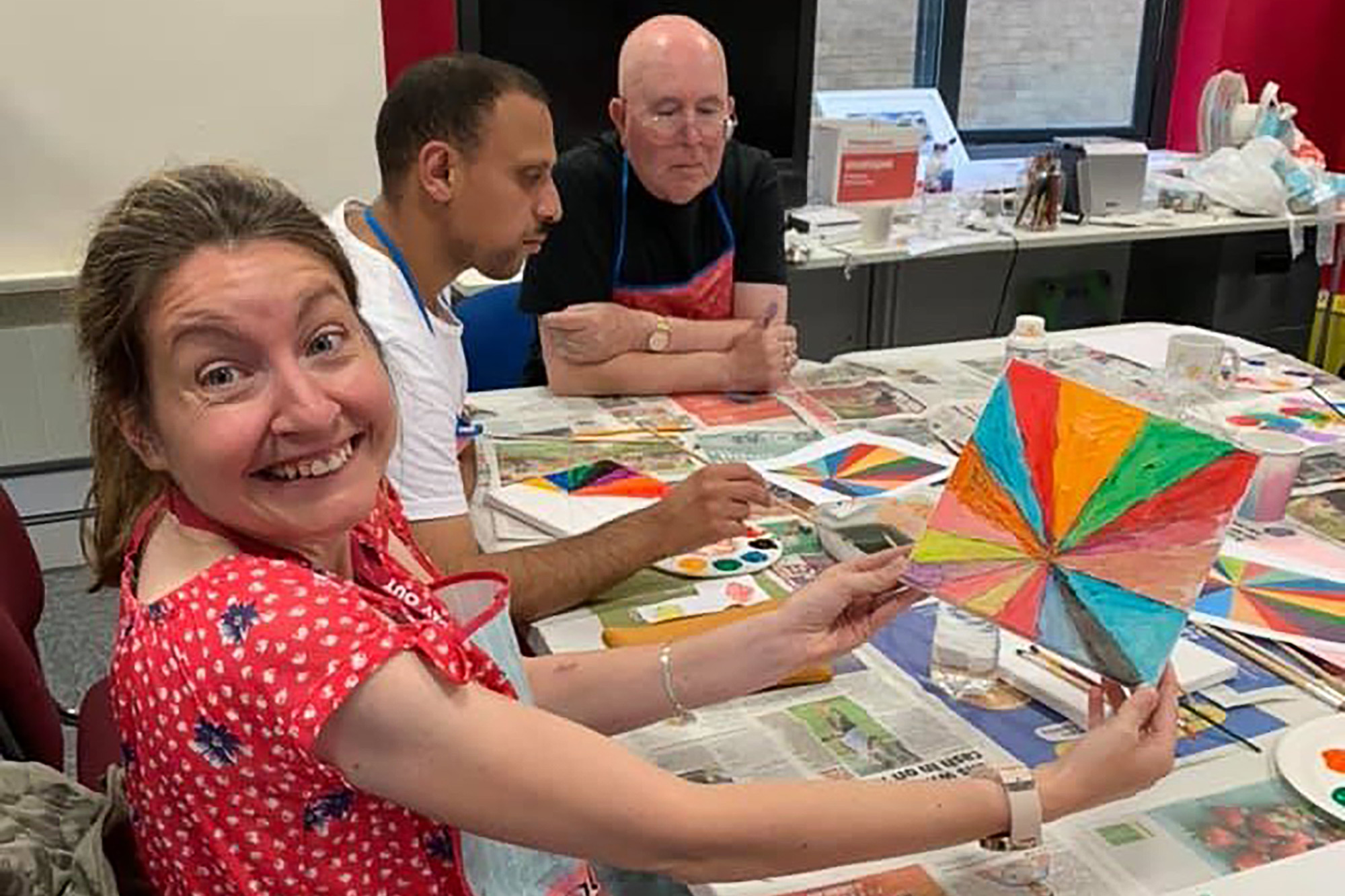As the funding climate for charities has become increasingly challenging, many are seeing social enterprise as a way of diversifying their income streams to create a sustainable business model. However, with failure rates for new businesses in the private sector running at nearly 50% in the first five years, how can charities give their ideas the best chance of converting to ventures that deliver?
At Pilotlight we bring teams of business experts, our Pilotlighters, together with charities and social businesses to give them the strategic support they need to become more efficient, effective and sustainable. We asked some of our Pilotlighters who have built their own businesses, to share the questions that they think every charity should ask before starting a social enterprise. They’ve also provided the answers that we hope will help you think through and start to plan your new venture.
Why set up a new business?
Setting up any new commercial venture takes tremendous vision, effort and commitment. It’s therefore critical to understand upfront what your needs and motivations are:
- What’s your inspiration?
- What income does the charity need or want?
- What does success look like - how will you quantify this, and over what timescale?
- Does everything stack up financially when all the costs are factored in?
- What kind of roles do your team want to play, and how much time can they commit?
Exploring these questions deeply and honestly at the start may expose some differences in opinion, and also whether a social enterprise can deliver the hoped for return on investment (ROI). It’s much better to think these things through in advance and take them into account in your planning, rather than discovering them once you’re up and running.

Who are our customers and what are they looking for?
The success of any business ultimately comes down to whether your prospective customers are willing to buy enough of what you offer, at a price that enables you to be commercially viable, and whether they will continue to purchase in the future.
As a result, a key strategic priority is market research. You need to define what customer need you’re looking to address, and then design a product/service that will be relevant and appealing to that need. Think through:
- What is the typical profile of these customers?
- How many of them are there?
- And what do they really want, both rationally and emotionally?
By building insight into the market opportunity this way, you’ll be better able to craft your offering or service in a way that differentiates it effectively from the alternatives provided by your competitors.

What do we want the business to look and feel like in a few years’ time?
Articulate your vision for this social enterprise over the next three to five years and set supporting business goals with measurable targets. This will help you to develop the right strategies and deliver the results you want. Communicate them to your staff and get buy-in, so that everyone is going in the same direction.
It is very important to start your business plan here, because all the key building blocks such as your business structure, operation, capabilities and investment needs are hugely dependent on your goals and strategies. If you need to source external investment, investors will want to see you have a clear vision, goals and strategies, as part of their investment decision.

Will we have the cash available to fund what we need, when we need it?
Just like setting up a business in the private sector, you’ll need to write a business plan with some good financial planning and projection, including a cash flow forecast. Research similar suppliers in the market for pricing and margins, and look at the overall trends in the sector you’ll be operating in.
Using your vision, goals and strategy for delivery, work out the different cost elements including fixed costs e.g. office lease, and variable costs e.g. cost of materials. Some costs are demand driven, therefore try to forecast potential demand using your market research, this will give you a realistic projection to assess the initial investment required. From the investment level and potential sales, you can estimate the ROI. Source external expertise and support for the financial planning if needed.

What might go wrong and how could we respond?
A risk assessment should be done as part of your business plan, and built into the performance reviews once you’re operating. Think through the possible risks and issues you may face and weigh up the likelihood and severity of each. Then see how the risks can be mitigated or resolved if things do go wrong. Of course, you can’t anticipate all eventualities, but it’s always good to prepare as far as possible. However, if there are setbacks or mistakes, don’t panic - learn from them and keep going.

Do we have the capability to deliver a social enterprise effectively?
There’s always a degree of risk for a social enterprise (or any new business) not having full capability upfront. A clear business vision and strategy on how the social enterprise should operate will drive and emphasise the core capabilities needs.
Prioritise your business’ capability requirements - think about the skills that you have, and those that you need. Identify the key outcomes that you want and then do a cross match with your current and desired skills. Look at people around you and identify those who are a strong fit with what you need. Ask yourself if their mind-set and attitude will work for a new venture and then you can approach them. Most of us like to know what we’ll be doing, why we were chosen and then given the time and freedom to really make a difference.

How do we build the right team to plan and launch it?
You will undoubtedly have skill gaps. Start with a small core team who are prepared to be flexible, operational, and happy to ‘roll their sleeves up and muck in as required’.
It’s worth supplementing your team with free advice from skilled professionals. You could ask your trustee board for ideas or use of their skills; ask your corporate partners if they can share skills with you; approach universities and don’t forget to work your own network. There are, of course, numerous communities of experts who give their time for free to help charities and social enterprises, such as the Media Trust and the Charity IT Association. You will be amazed at how supportive people are if you’re clear on what you need, and how long you’ll need help for.

How will we build customer awareness and demand for our offering?
Even if you’ve created the most wonderful product or service, building awareness with potential customers it will not be easy. People these days are bombarded continuously with news alerts, social media posts, brand advertisements etc. If you’re to succeed in cutting through this, you’ll need to think about two inter-related elements:
- The channels through which you connect with your customers
- The creative messages you use to engage them
Try mapping the journeys your target customers take when interacting with your business, and also in their lives more generally. What are the touchpoints that offer the biggest opportunities to influence them? And what ideas, messages and stories can you use at each stage to excite them about what you have to offer?

How do we make sure our current employees/volunteers don't see the social enterprise as a threat to what they do or what the charity does?
You need to very clear as early as possible on how the social enterprise will fit alongside your charitable aims, and to involve as many people as possible who can contribute to what you are doing.
Hold a ‘town hall’ - a meeting with all your employees and volunteers. Explain your aims for the social enterprise, how it fits with your charity, and when you plan to roll it out. Share what skills you think will be needed and ask people to put their names forward to be part of it. Of course, it’s a balancing act between the social enterprise and the day-to-day work that needs to be done within the charity. Communicate with all your teams to avoid confusion or misrepresentation.

How do we know if we’re making progress?
Once you have a plan, you can report against it with a simple RAG rating (a colour coding system of red, amber or green). Green is all on track for the due date, Amber is 'wobbly' but we can recover, and Red is off-track and we don’t know how to get back on track. This coupled with a good list of risks and issues, with actions, are the key reporting documents you’ll need. It will also enable the board and staff team to know how the project is progressing, and to challenge and support as needed.

We have never attempted anything quite on this scale, how do we set ourselves up for success?
Plan, plan, plan! If you don't have a project manager in your team, look at the general personal planning and organisation skills among your group. They say ‘if you want something done, ask a busy person’ - that's because those people are usually the list makers and planners. A plan is simply a list of outcomes, together with a list of what needs to be done in order to reach the outcome you need. Add who and by when to your list, and there is your plan!
You should have a single plan owner so there is only one version of the truth. That person needs the full support of the charity leadership to chase and cajole people along to do the things they said they would do. If you can afford a skilled and experienced project manager it would be a good investment - but many charities cannot justify this, so a reliable and organised member of the team could do that for you.

What kind of partnerships will help us succeed?
One of the mistakes often made by the leaders of small businesses is that they think they have to rely on the expertise and capabilities they already possess. This can be very limiting, particularly in a rapidly changing world where agility and flexibility can sometimes be vital. Teaming up with other business partners can be transformational in opening up new commercial opportunities. Think:
- Are there people you can work with that give you access to new customers?
- Could they enable you to add a new dimension to your service?
- Might this spread your cost base?
- Could it raise the profile and credibility of your brand?
These are just some of the ways partners might be able to play a strategic role. A critical challenge is to make sure you build win-win relationships where both you and your partner reap rewards from working together, rather than the benefits being just one way.

Other things to consider
- Get legal and financial advice about the best constitution for your social enterprise activity and understand the tax implications. Even if your enterprise idea could be accommodated under the auspices of your charity (i.e. under the primary purpose trading rules), it might still be beneficial to set up another legal entity in order to create a new brand and/or separate the finances.
- And finally, think about the skillsets you need for effective governance. Who do you need on your board or in an advisory capacity to help you start your venture, and then help you grow it? The skillsets on your charity board might not be the best ones for something more entrepreneurial. Regularly review your needs as your enterprise develops and reach out to business networks including your local chamber of commerce.
Many thanks to our contributors, Pilotlighters Andy Bird, Amy Malik, Wendy Newman, Fiona Wilson, and Pilotlight Project Manager Jenny Potkins.
Amplify your impact
The good that charities can do is often limited by their resources, experience and ability to respond and thrive in a changing world.
That's where Pilotlight comes in. Our programmes see business experts share their expertise with charities, bringing new perspectives, diverse skills and vast experience to bear on the challenges they’re facing. Since 1996, we’ve helped more than 1,000 charities to amplify their impact, reach more people and contribute to a better world.
